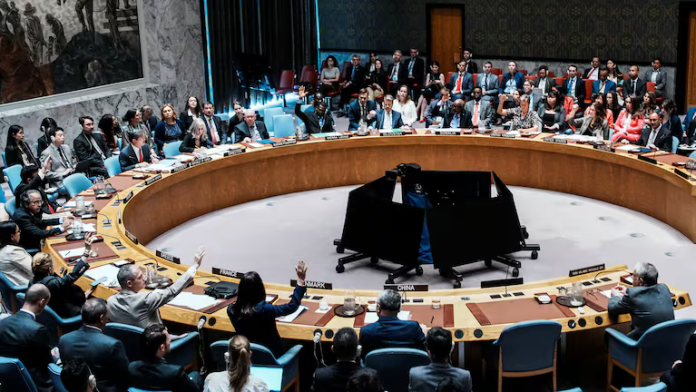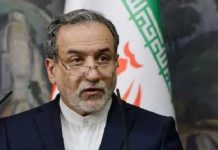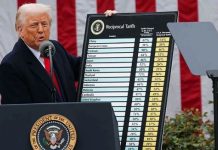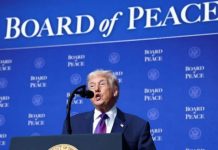DNA
United Nations, Sept 19: A draft resolution on Iran’s nuclear program, tabled by South Korea in its capacity as President of the UN Security Council (UNSC), failed to gain support during a vote held on Thursday. The resolution was submitted following an August 28 request by the United Kingdom, Germany, and France, who alleged that Tehran had materially violated its obligations under the 2015 Joint Comprehensive Plan of Action (JCPOA).
Russia strongly criticized the move, calling it “provocative and unlawful,” and accused European powers of manipulating the Security Council presidency. Moscow maintained that the European request could not be regarded as a valid notification under Paragraph 11 of UNSC Resolution 2231, which outlines the “snapback” mechanism for reimposing sanctions on Iran.
“The draft resolution does not meet the requirements of Resolution 2231 and therefore cannot lead to the restoration of previously lifted UN sanctions on Iran,” the Russian mission stated.
During the session, Russia, China, Algeria, and Pakistan voiced support for maintaining the framework under which earlier sanctions on Iran had been revoked. The United States, the UK, France, and Germany opposed this position, with Washington reportedly exerting heavy pressure on non-permanent members to back the resolution.
In a surprising development, South Korea abstained from voting on its own draft, signaling what diplomats interpreted as an acknowledgment of the “legal and procedural nullity” of the proposal. Analysts noted that Seoul’s decision underscored concerns about the potentially destabilizing consequences of renewed pressure on Iran.
With the resolution failing to gain traction, it was removed from the Council’s agenda, leaving no obligations on member states to reinstate previous restrictions against Tehran.
The debate comes amid heightened tensions following reported strikes in June on Iranian nuclear facilities, allegedly carried out by the United States and Israel. Russia warned that Western attempts to reimpose sanctions could further destabilize the Middle East.
Attention now turns to a joint Russian-Chinese draft resolution currently under discussion, which proposes a six-month technical extension for the implementation of the JCPOA and UNSC Resolution 2231. Moscow and Beijing argue the plan would allow time to implement recent agreements between Iran and the International Atomic Energy Agency (IAEA), reached in Cairo on September 9, while keeping negotiations alive.
Observers say the UNSC is at a critical juncture: whether to pursue a political-diplomatic settlement to safeguard the JCPOA or risk a renewed cycle of confrontation that could plunge the region into deeper instability.

















